I have been growing hand fulls of new seed varieties in the garden for as long as I can remember at this point. Every garden has looked drastically different than the previous year’s vegetable garden. I’ve grown small gardens in a small space and an inappropriate amount of tomato plants in a backyard garden.
Every growing season taught me so much, even when I thought I had learned it all (okay… let’s be real. I never thought I had it all figured out).
Gardening has developed my character and exercised my knowledge of soil health, companion planting, plant details and food preservation to name a few. But what I found most fascinating was the expansive amount of seed varieties each species of plant can have.
Did you know there’s over 10,000 varieties of tomato plants?! (and more new varieties being developed every year!)
Yeah… me neither. I thought there were just “tomatoes” and “cherry tomatoes”. One was meant for messy sandwiches on a summer day and the other was meant to enjoy fresh off the vine when I was sweating my fanny off outside in the warm weather.
What Are Seed Varieties?
Seed varieties are a small to large group of plants in a species that have similar characteristics. Seed varieties are either heirloom or hybrid, focusing on pest resiliency, disease resistant, climate tolerant, etc..
The process of breeding certain varieties for preferred characteristics creates the thousands of varieties even one species of plant can have.
I want to share with you all my TOP 10 seed varieties that I will be planting in my suburban garden this growing season.
(By the way, this post may contain affiliate links. Please read our full disclosure policy here.)
#1 – Jersey Devil Tomato (Solanum lycopersicum)
This is hands down my favorite tomato variety yet. While it isn’t technically a roma tomato, it quickly became king of the romas in our garden. They’re 6″ average in length, minimal seeds, prolific and quite resilient to pests in our area (growing zone 5a). The flavor of these incredibly meaty tomato plants is unreal; they’re sweet, earthy and not overly-acidic.
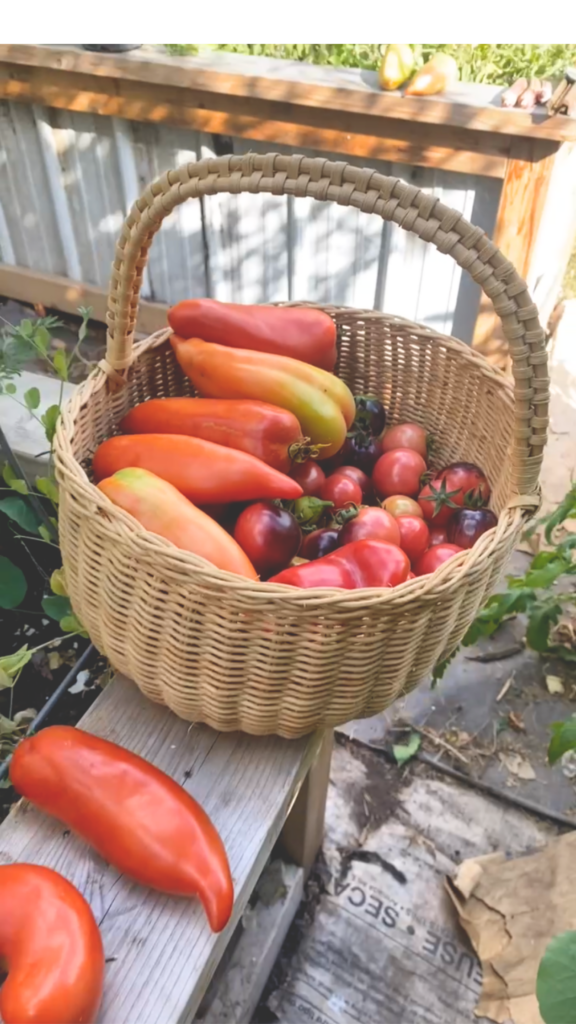
Jersey Devil Tomato
Seed Company: Baker Creek Rare Seeds
Price: $3.50
Heirloom seeds
Indeterminate
90 Days to maturity
6-8 Hours of full sun
Ideal temperature: 75-95 F
Frost hardy: No
Personally, nothing is better than heirloom seeds. Why wouldn’t you want to grow something you can save for literally $0.00 the next year couple of years? Especially a tomato plant this delicious! The Jersey Devil Tomato was the perfect variety for canning salsa, pasta sauce, stewed tomatoes and tomato sauce.
Added benefit to purchasing seeds from Baker Creek Rare Seeds – they offer free shipping! You might be wondering why someone would buy tomato seeds online, and I’ve got many answers for that question, but the one I want to say is – fresh grown tomatoes are FAR tastier than those purchased at the grocery store.ƒ
#2 Pineapple Tomato (Solanum lycopersicum)
With higher yields than normal, Baker Creek’s Pineapple Tomato was one of the first successful tomatoes I grew in my adult garden. I remember the beautiful streaks of red, yellow and orange melded together, making each tomato unique in color. Plus, if you sniff where the bloom was on a warm day after a summer rain, you’ll get a fresh whiff of sweet pineapple! These tomatoes ring in around 2 lbs each and are sure to become one of your favorites.
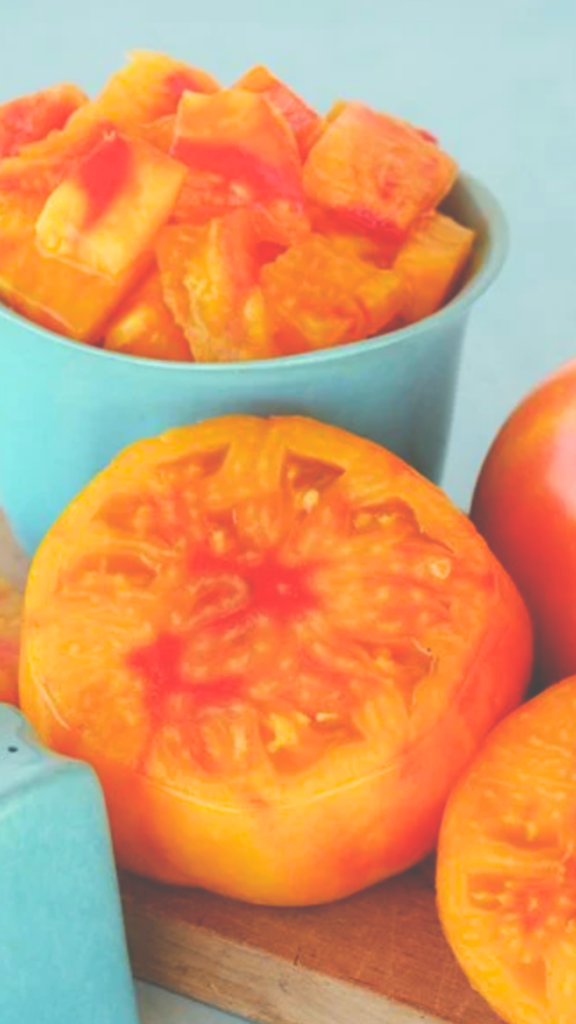
Pineapple Tomato
Seed Company: Baker Creek Rare Seeds
Price: $3.50
Heirloom seeds
Indeterminate
80 Days to maturity
6-8 Hours of full sun
Ideal temperature: 75-95 F
Frost hardy: No
The challenge of growing a garden in a suburban areas has grown my appreciation for vertical gardening. These indeterminate seed varieties take advantage of such a gardening technique. When a plant is indeterminate, it will continue growing and producing fruit until the growing environment is unfavorable.
Tomato seeds are also incredibly easy to save for the following year. Simply remove seeds from a ripe and mature tomato, dry on a paper towel for 24 hours or until dry, then story in a dry, cool container until the following year.
#3 Hot Pepper: Habanero (Capsicum chinense)
I’ve never grown habanero but these hot peppers are sure to pair perfectly with my Georgia peaches this summer for the tastiest peach habanero jelly! This spicy, little pepper is commonly found in Jamaican “jerk” sauces. My mouth is salivating already.
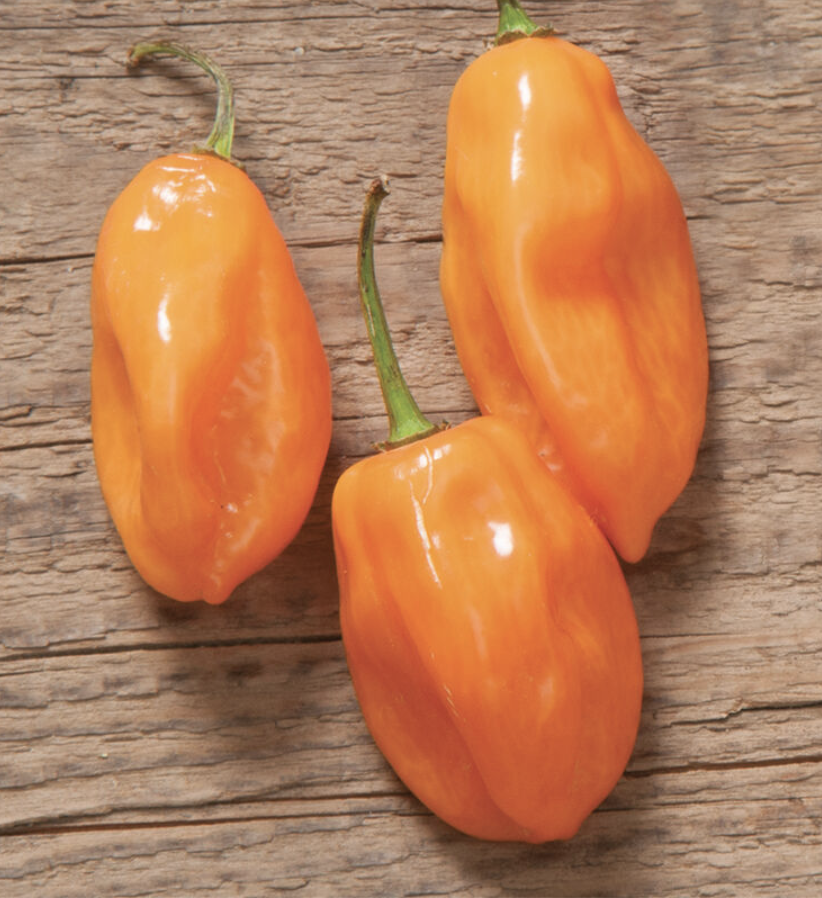
Hot Pepper: Habanero
Seed Company: Johnny’s Selected Seeds
Price: $6.10
Heirloom seeds
Certified Organic
Indeterminate
100 Days to maturity
6-8 Hours of full sun
Ideal temperature: 75-95 F
Frost hardy: No
Habanero Peppers are the perfect addition to any growing season. Hot peppers require a great amount of sun and heat, so do be sure to plant them in a sunny spot! These are open-pollinated seeds, which presents a high yield potential.
Johnnny’s Selected Seeds do have less seeds in their seed packets, but the benefit is they’re certified organic!
#4 Cayenne Chili Pepper
One of the most popular pepper varieties, this hot pepper is sure to bring the heat – even in the tiniest amounts! I’m really looking forward to replacing herbs in our kitchen with dried fruit right from our garden. This cayenne pepper will replace the cayenne power, as well as a great choice for fermenting hot sauce!
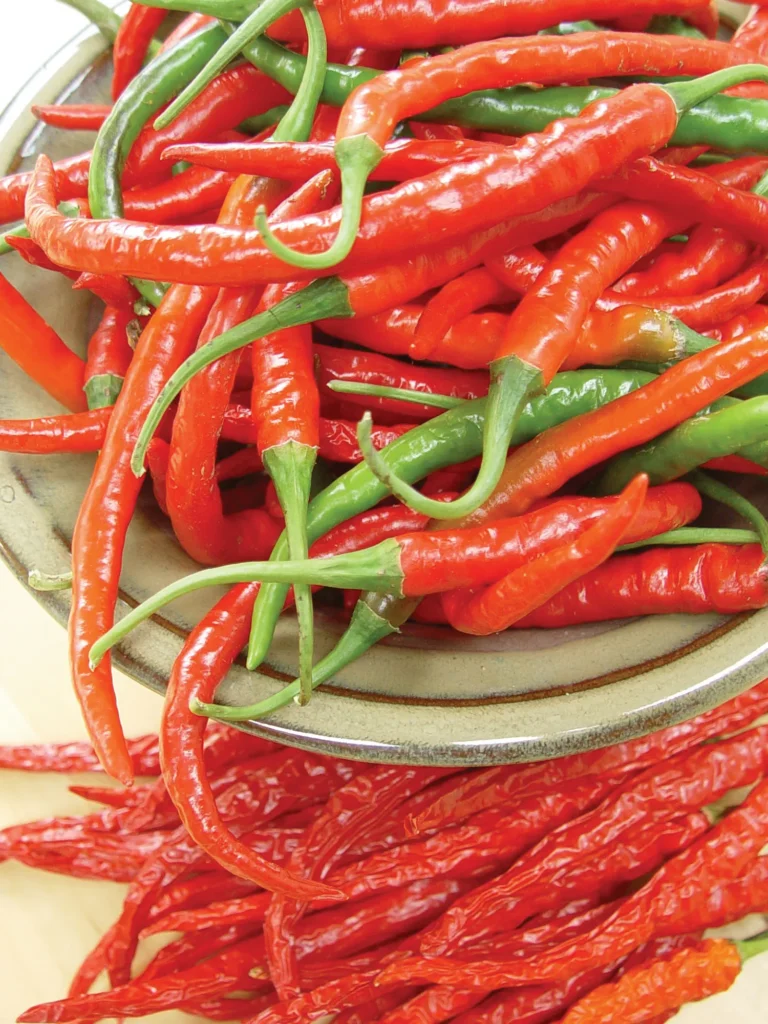
Cayenne Chili Pepper
Seed Company: American Seeds Co.
Price: $3.10
Heirloom
Indeterminate
85 Days to maturity
8-12 Hours of full sun, love the heat
Ideal temperature: 70-90 F
Frost hardy: No
Peppers come in a vast array of seed varieties and all of them require lots of sun exposure and heat. When planning your garden, be sure these spicy little peppers get plenty of sunlight. If you’re one to consider companion planting, it’s also important to note that hot peppers are known to transfer their heat to nearby not-so-hot peppers. Beware!
#5 Hawaiian Chili Pepper (Capsicum annnuum)
Talk about a pepper that packs a punch! Kaleb, my husband and I, found these marvelous little peppers when on a work trip in Hawaii. Of course I had to bring them home! Come to find out, they’re next to impossible to find online! There are a few seed websites that offer them, but many are out of stock. I’ll be sure to save these seeds for the next couple of years!
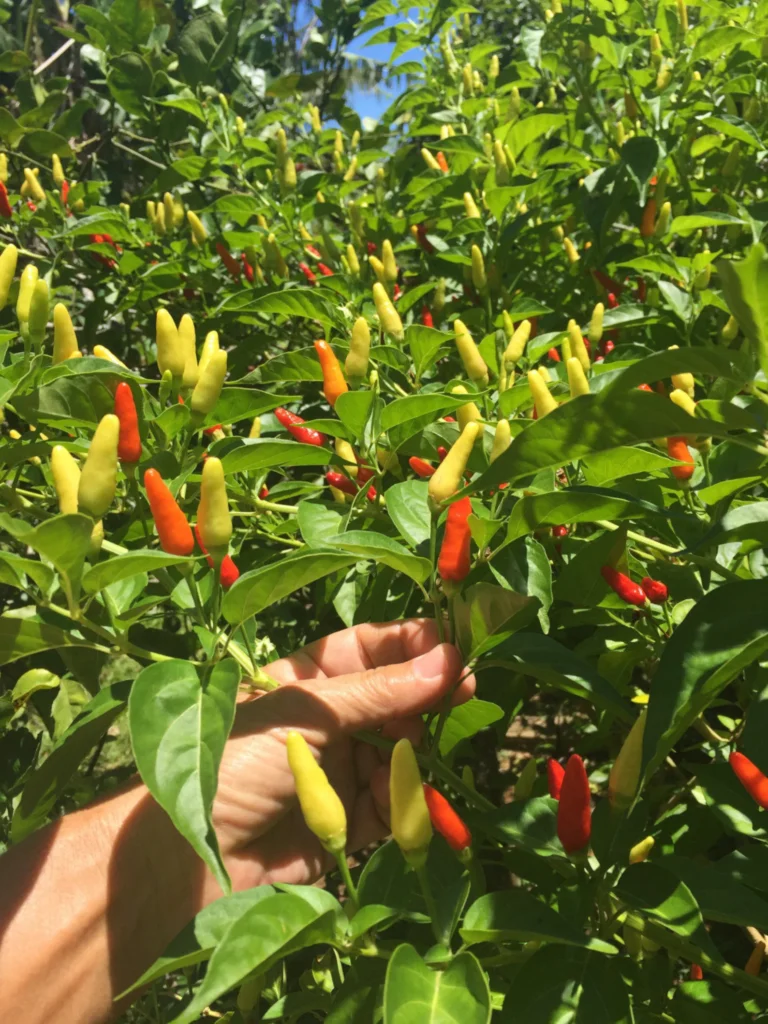
Hawaiian Chili Pepper
Seed Company: Maui Seeds
Price: $9.99
Heirloom
Determinate
85 Days to maturity
6-8 Hours of full sun, love the heat
Ideal temperature: 75-95 F
Frost hardy: No
An islander favorite, these hot peppers are the perfect addition to many meals. Perfect for Chili Pepper Water and fermenting for an incredibly tasteful hot sauce similar to Tabasco. If these seeds interest you, order them ASAP! They’re hard to find.
#6 Black Garbanzo Bean
Our family eats a lot of hummus and canned chickpeas baked for recipes like salads and stews. They have become a quick and fun way to add some protein to any meal. Being the radical gardener I find myself to be, I love incorporating untraditional varieties (like the Hawaiian Chili Pepper) and colors, like these Black Garbanzo Beans.
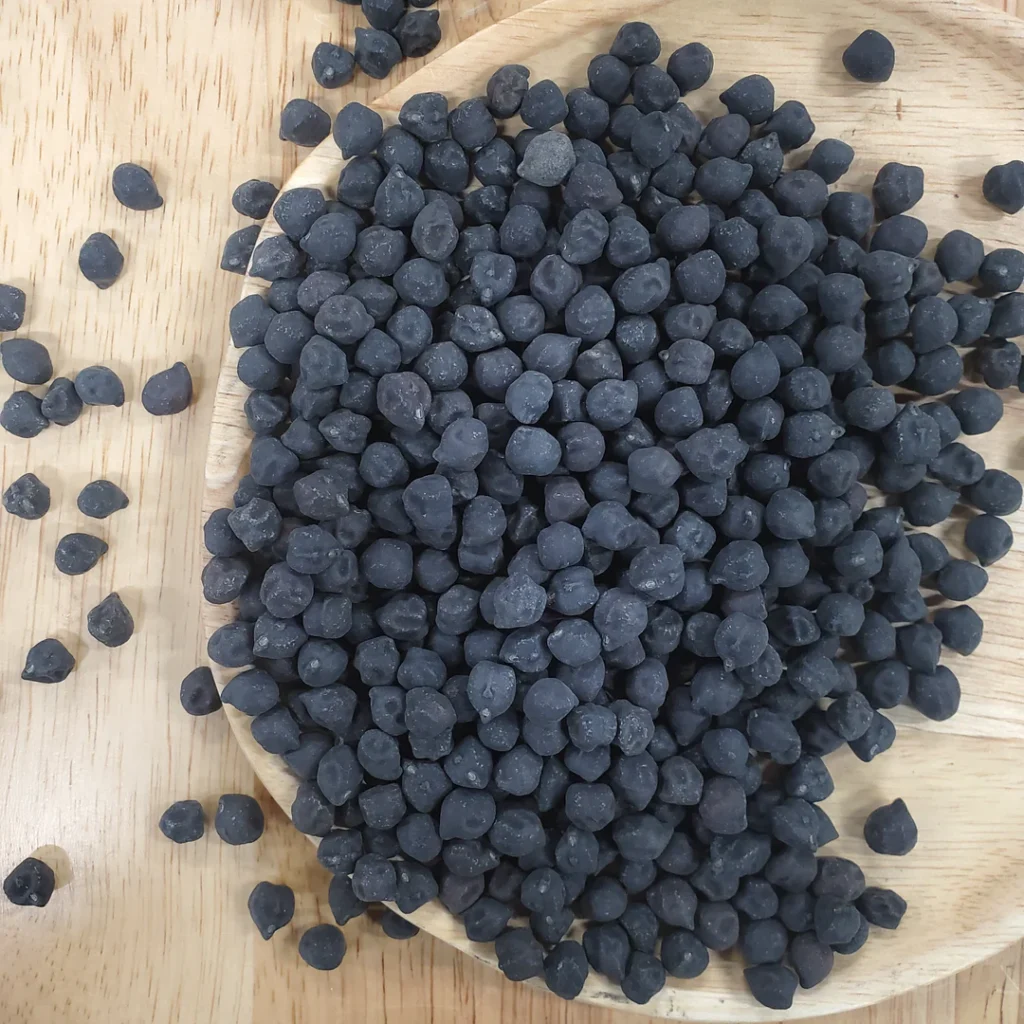
Black Garbanzo Bean (Bush)
Seed Company: MIGardener
Price: $2.00
Heirloom
Determinate
85 Days to maturity
6-8 Hours of full sun, love the heat
Ideal temperature: 75-95 F
Frost hardy: No
Other than their unique, charcoal color these seed varieties have a firm texture. They’re denser than the traditional chickpea, making them perfect for adding to roasts, soups and fresh salads!
#7 Provider Bush Bean
Nothing beats the traditional bush bean seed varieties. These provider bush beans look just like what your grandma grew in her vegetable garden! These green beauties are perfect for canning as they maintain their shape and have e wonderful flavor, even after being blanched and canned.
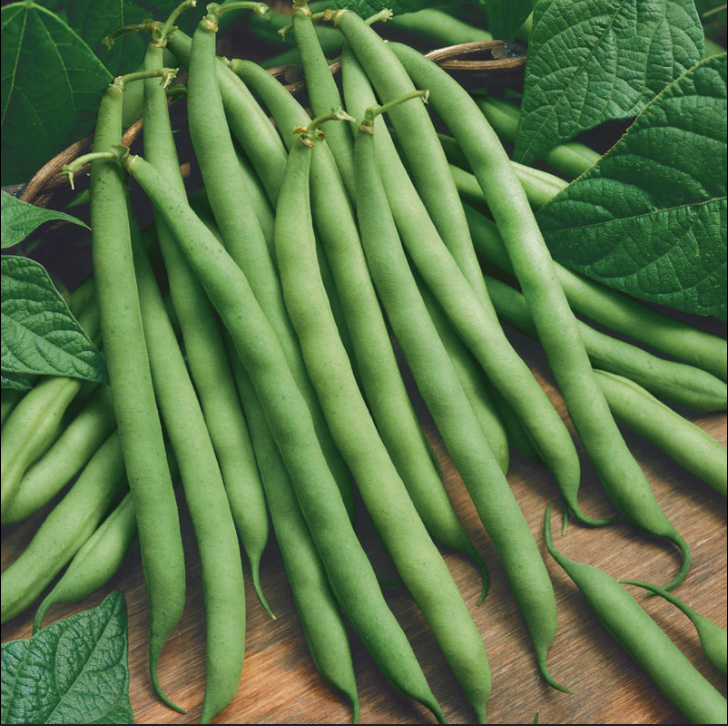
Provider Bush Bean
Seed Company: Organo Republic
Heirloom
Determinate
60 Days to maturity
6-8 Hours of full sun
Ideal temperature: 70-90 F
Frost hardy: No
I remember Grandma’s bush beans. She’d often holler at me if I pulled them too hard without pinching the bean from the stem. She knew I’d end up pulling off the entire branch – blooms and beans (yikes!). These bush beans are the perfect edition to your heirloom vegetable garden.
#8 California Wonder Bell Pepper (Capsicum annuum)
The California Wonder Bell Pepper is everything you think of when you think “bell pepper”. They’re big, firm, thick skinned and beautiful. I can’t recall better seed varieties.
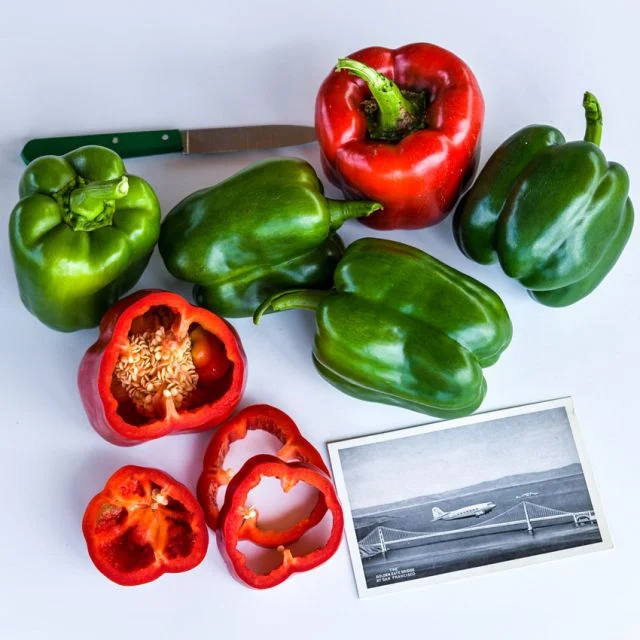
California Wonder Bell Pepper
Seed Company: Baker Creek Rare Seeds
Price: $2.75
Heirloom
Indeterminate
75 Days to maturity
8-12 Hours of full sun
Ideal temperature: 70-95 F
Frost hardy: No
Like many other bell pepper varieties, the California Wonder can be harvest both when green or red. If red is what you desire, simply leave it on the plant to receive more sunlight. The red in this pepper means it has a higher anthocyanin count. But both shades are just as delicious as the other!
#9 Red Burgundy Okra (Abelmoschus esculentus)
I fell in love with okra when I lived in South Carolina. Pickled okra, fried okra, butter okra… the list goes on! Now that we live in Iowa, I often have people asking, “What plant is that?” as they point at the towering, large-leafed hibiscus looking “tree” (okay, it’s not really a tree, but it’s tall). Okra isn’t just a beautiful plant, but it’s incredibly healing for your gut!
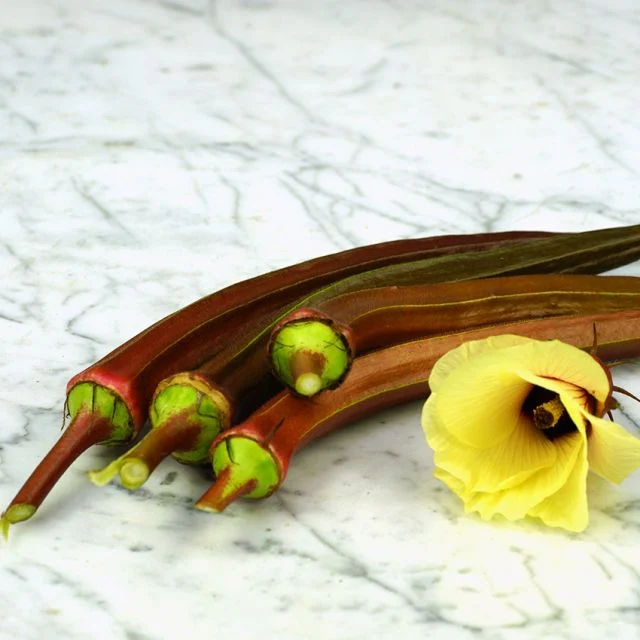
Red Burgundy Okra
Seed Company: Baker Creek Rare Seeds
Price: $3.00
Heirloom
Indeterminate
55 Days to maturity
8-12 Hours of full sun
Ideal temperature: 75-90 F
Frost hardy: No
I find this skinny variety great for canning specifically. It’s wonderful in the skillet with butter as well as breaded for fried okra, but it’s forte is that it’s perfectly packed into a quart jar for pickled okra! Plus, the red is stunning.
#10 Feverfew (Tanacetum parthenium)
Okay, this isn’t technically a vegetable. It’s an edible flower. BUT, I had to include it on my list! Feverfew is the queen of all edible flowers. Its biggest superpower is naturally addressing migraines, menstrual pains and muscle pains in the body. Who would have thought a flower could do that?!
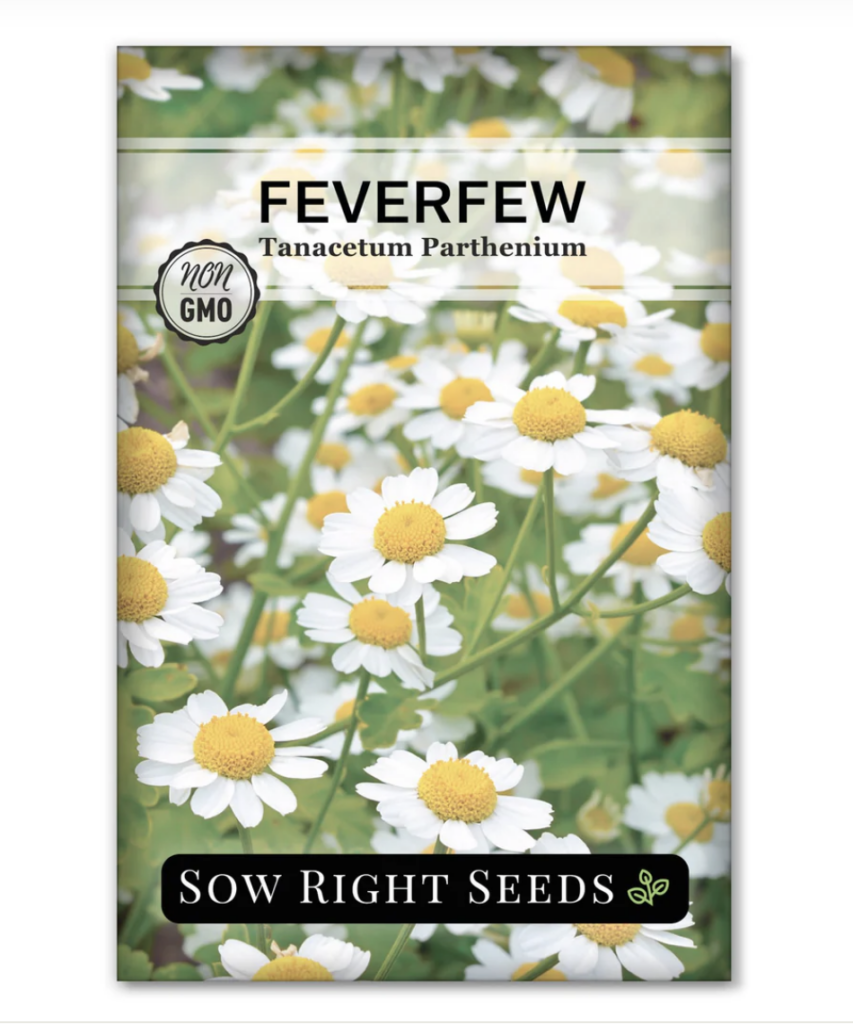
Feverfew
Seed Company: Sow Right Seeds
Price: $3.75
Heirloom
Indeterminate
85 Days to maturity
Full sun
Ideal temperature: 70-90 F
Frost hardy: No
Feverfew isn’t just medicinal; it’s resilient, beautiful and delightful to add into any garden space! It easily resows itself or you can save the heirloom seeds for the next year. There appears to be endless uses for this plant, all of which benefit the body!
Seed Varieties in Conclusion
Deciding what seed varieties are best for your garden is a process. A lot of new, or young, gardeners become overwhelmed with learning there are thousands of varieties (if not more!) in one species of plant.
There are plenty of logistical ways to decide which variety to grow for you. For example, if you want a meaty tomato for making sauce, the Amish Paste of Jersey Devil are a great choice, as opposed to the Beef Boy or Black Krim tomato.
Ultimately, a seed in the ground, no matter the variety, is a seed in the ground. If you’re willing to research varieties, you will find one that suits your needs. If you’re not willing, you’ll likely still enjoy whatever tomato variety you choose to plant.
The trick? Don’t give in to the overwhelm.
If you found this list helpful, please share with a friend or fellow gardener! What are the top 10 plants you’re growing in your garden this season? Let me know in the comments below!
Happy Gardening!
Courtney
This post may contain affiliate links. Please read our full disclosure policy here.
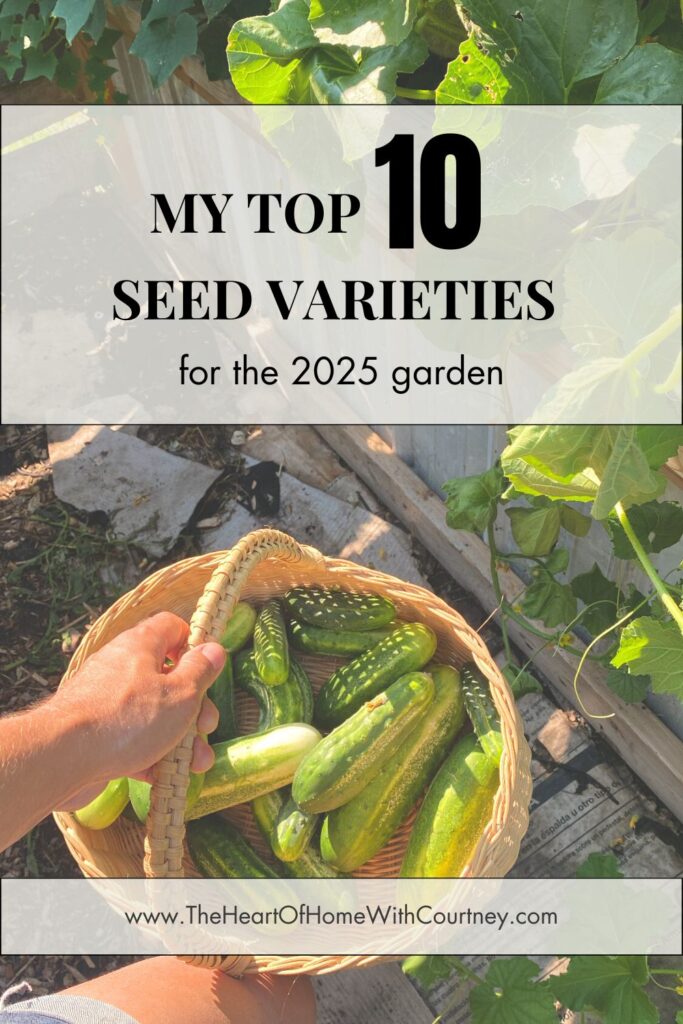
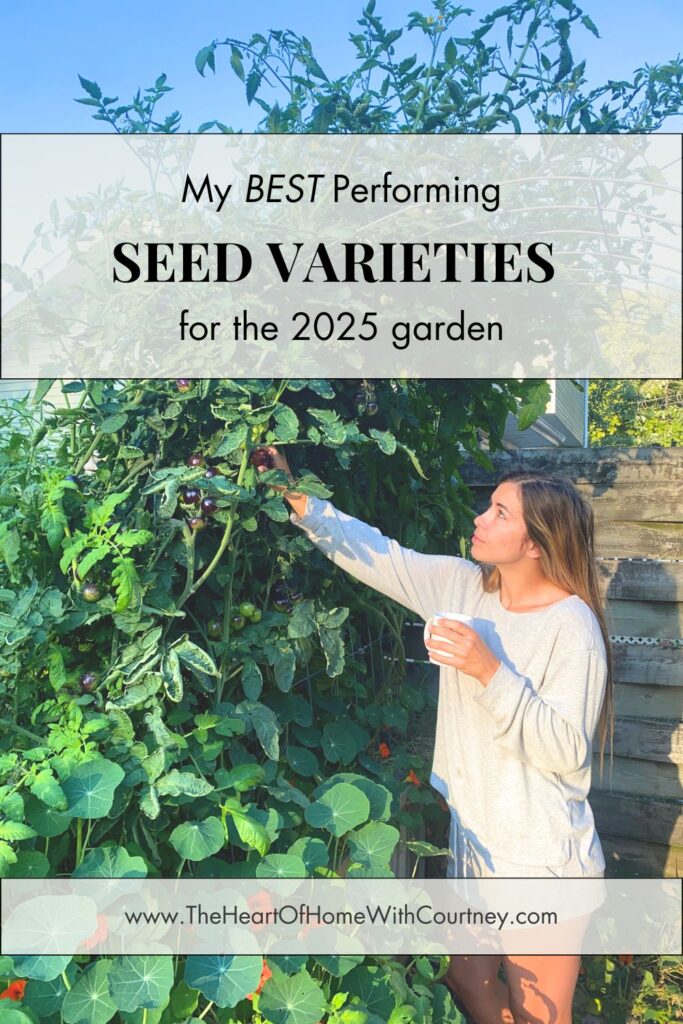


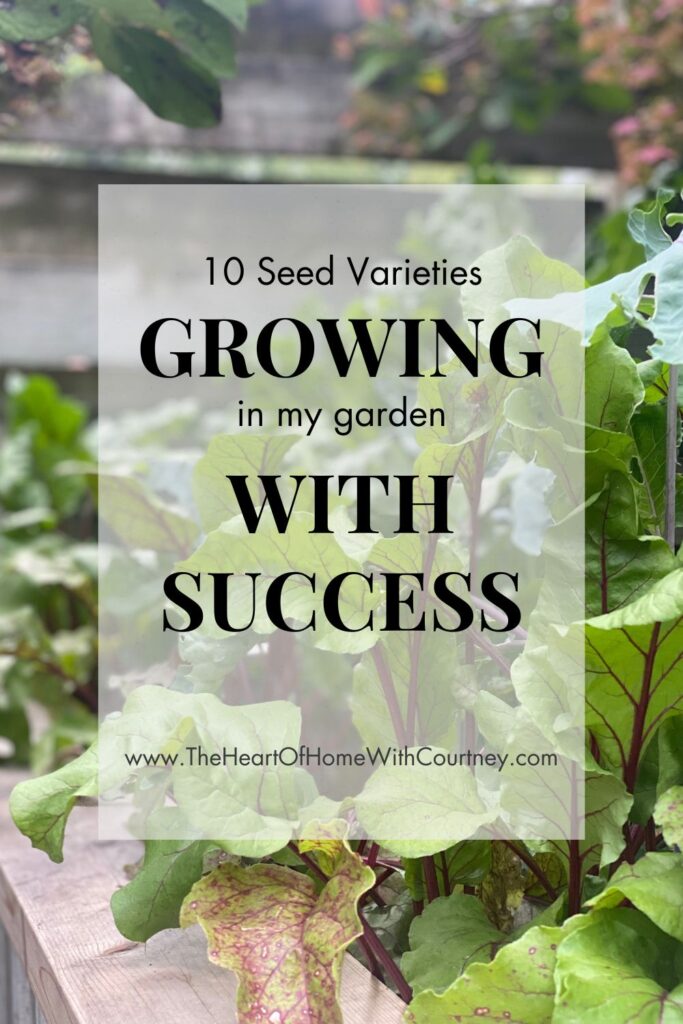


Leave a Reply